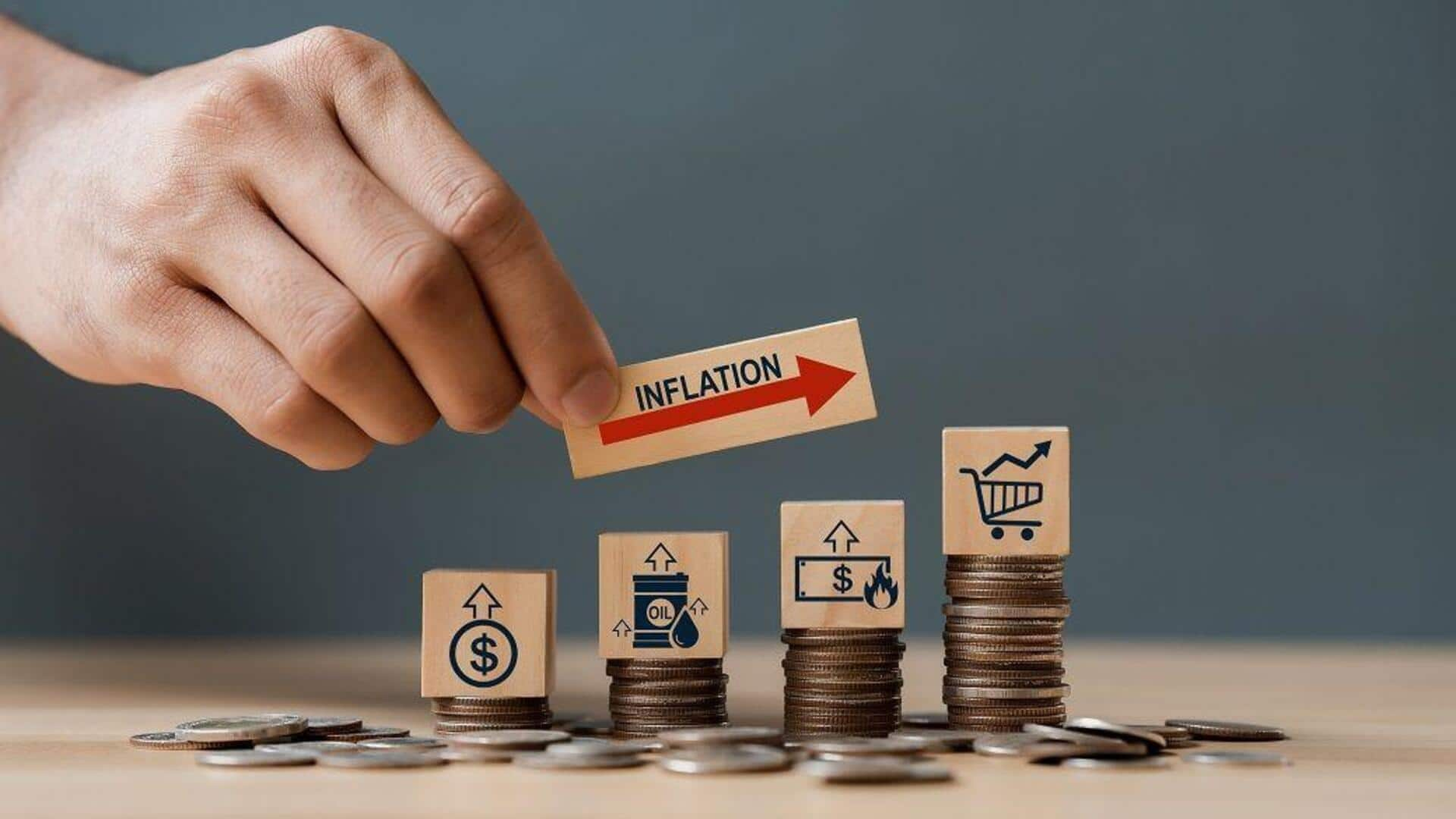
India to use Amazon and Flipkart prices for inflation measurement
What's the story
India is planning to revamp its inflation measurement system by directly sourcing price data from e-commerce giants like Amazon and Flipkart. The move comes as part of an effort to capture changing consumer habits and address concerns over outdated data. Saurabh Garg, the secretary of the Ministry of Statistics and Programme Implementation (MoSPI), announced this in a recent interview.
Market impact
Why e-commerce prices matter in India's retail inflation calculation
The decision to include e-commerce prices in India's retail inflation data comes as online platforms are increasingly becoming a significant part of household spending. By 2024, India is projected to have an estimated 270 million online shoppers, with the number expected to grow by 22% annually, according to a private study. This trend is similar to global practices where countries like the US and South Korea have started including scanner and online prices in their inflation measures.
Data strategy
Direct data access from platforms
Garg revealed that the MoSPI has already started collecting prices from e-commerce websites in 12 cities with populations over 2.5 million. The ministry is also in talks with these platforms to access their data directly. As part of this effort, e-commerce firms are being asked to share weekly average prices of goods with the government, which will be cross-checked against a broader dataset to prevent any skews.
CPI update
Integration into Consumer Price Index (CPI)
The additional data sources from e-commerce platforms will be included in the computation of the Consumer Price Index (CPI) when a new series is rolled out early next year. The move comes as part of a broader statistical overhaul planned by the Indian government, which also includes updating the GDP series with a new base year of 2022-23.
Data enhancement
Broader statistical overhaul
The Indian government is also working on a new Index of Services Production (ISP) as a quarterly measure of output in the services sector. This comes after earlier initiatives such as an investment survey and more frequent employment reports. Garg said that the government has nearly doubled the households surveyed for monthly employment reports from about 45,000 earlier, ensuring more precise and robust estimates for informed decision-making.